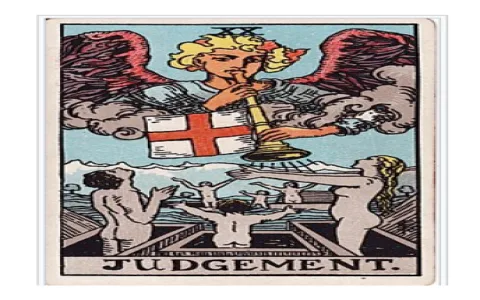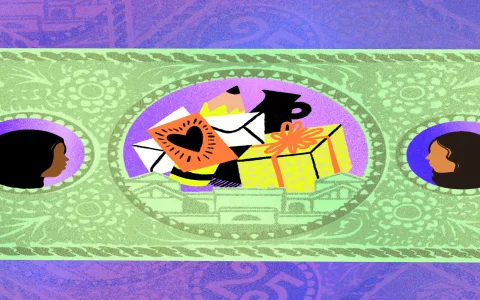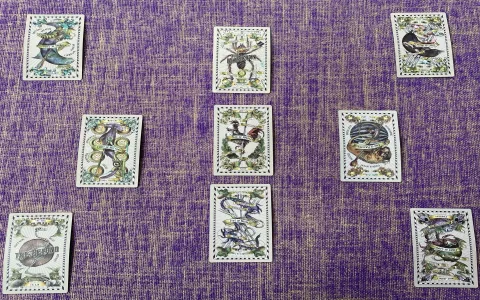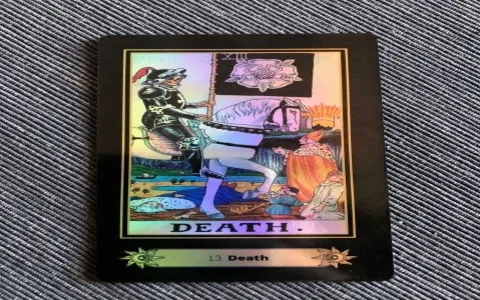Man, let me tell you something about the Judgement card, especially when it flips over. For years, I did what everyone else does. I pulled out the book, I saw “self-doubt,” I saw “delay,” and I figured, okay, the person is just being indecisive. That’s the easy, quick-and-dirty interpretation you learn first.
I stuck with that standard definition for way too long. It works fine on surface-level questions, the ones where people are asking if they should buy a new pair of shoes or maybe switch coffee shops. But when the questions got heavy—the kind of stuff that keeps you up at 3 AM—that meaning just completely fell apart. It felt hollow, like I was guessing instead of reading.
The whole thing came to a head about six months back. I was doing a full spread for a friend—let’s call her Sarah—who was stuck in this absolute nightmare of a job. She knew she had to leave. Everyone knew she had to leave. She was miserable. The job was toxic. The evidence was all there, laid out like a roadmap: better opportunities, savings built up, a clear exit strategy. The question was literally, “How do I take the final step and quit?”
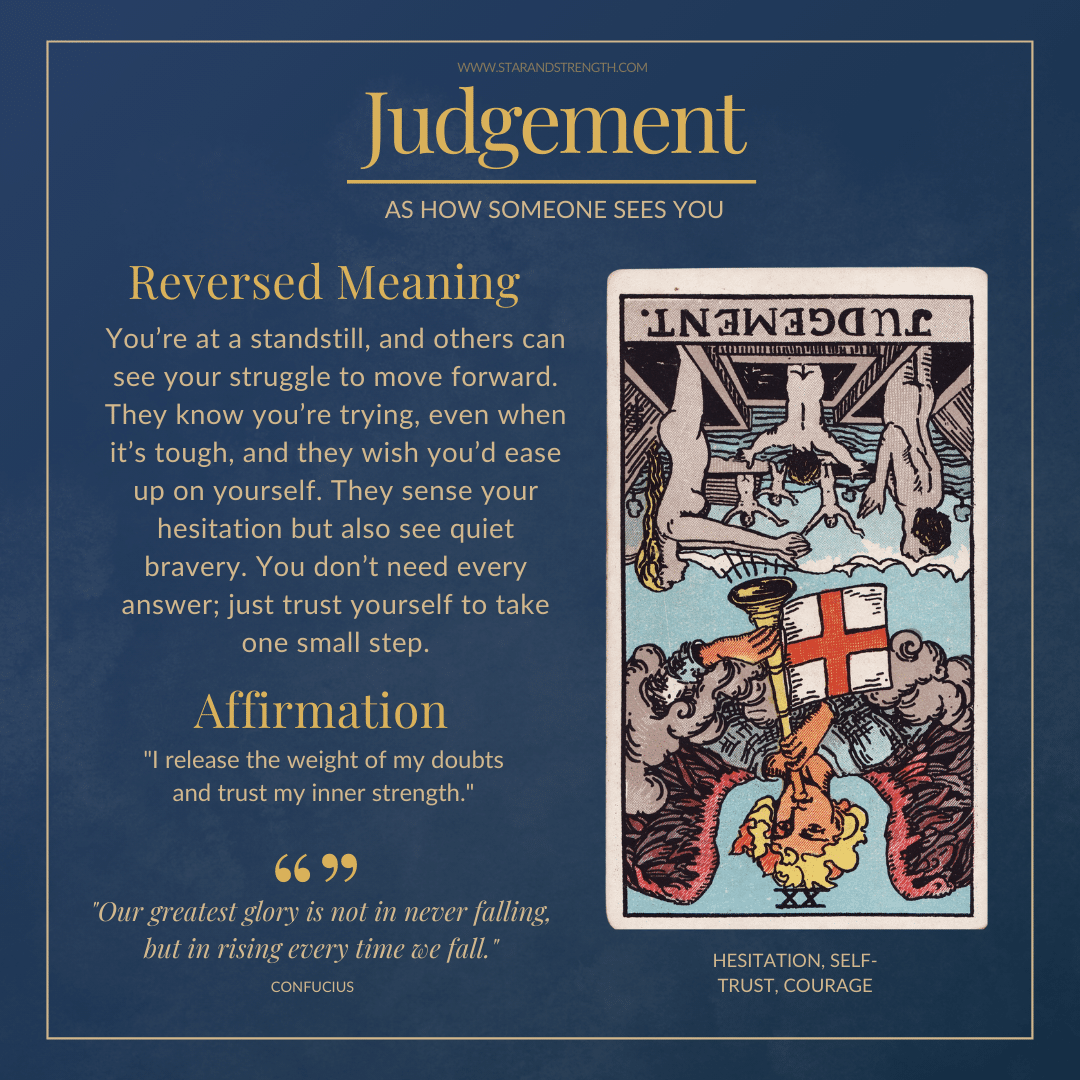
Right there, in the final position, representing the outcome or the final answer, I drew Judgement Reversed.
The Moment I Tossed the Textbook
My first instinct? The usual BS. “You’re doubting yourself, Sarah. You’re scared of the future.” I said it, and as the words came out, I could feel them ring false. She wasn’t doubting herself; she was actively rationalizing staying. She was inventing reasons the situation wasn’t so bad. She wasn’t avoiding the call; she was plugging her ears.
I basically stopped the reading right there. I told her to give me five minutes, and I stood up and walked away from the table. I realized I had been misinterpreting this major arcana for years, relying on the fluffy stuff. I knew I had to dig deep or just quit reading altogether.
So, what did I do? I didn’t reach for another book. I ripped open my old Rider-Waite deck, and I stared at that card. I mean, I really stared at the original image, not just the keywords. The upright Judgement card shows people rising from graves, hearing the trumpet, accepting their divine reckoning. It’s about being called up for review, seeing the full picture, and moving forward changed.
When I flipped it over, I realized the reversal wasn’t just “not hearing the call.” That’s too passive. The figures are refusing to rise. They are choosing to stay buried. They are deliberately ignoring the trumpet.
I spent the next three days running practice spreads, just Judgement Reversed in different positions, asking tough questions:
- What happens when this card shows up in the “Obstacle” position?
- What does it mean in the “Advice” spot? (Hint: The advice is usually “Stop running away!”)
I compared it rigorously to Death (transformation forced on you) and The Tower (sudden, unavoidable collapse). Judgement Reversed isn’t forced. It’s a choice. A disastrous one.
The True, Gritty Meaning I Uncovered
After those three days of intense focus, the real meaning finally crystallized. It’s far heavier than indecision. It’s active refusal. It’s paralyzing inaction because the person is afraid of finality.
Judgement Reversed is about dodging the reckoning.
It’s not just a delay; it’s the refusal to see the truth that everyone else has already seen. This card shows up when the person knows damn well what the answer is, but they are terrified of the consequence of accepting it. So they get stuck in an endless loop of rationalization and self-justification.
For Sarah, it meant she wasn’t indecisive; she was actively choosing the comfortable misery she knew over the scary freedom she didn’t. Her inner self was screaming, “Quit!” but her ego was hitting the snooze button on the alarm, preferring to wallow in the familiar filth of the job.
When I went back to Sarah and explained it this way, things clicked instantly. I didn’t sugarcoat it. I told her she was deliberately lying to herself to avoid having to face the music.
She took a deep breath, and within two weeks, she marched into her boss’s office and quit. No drama, just clarity. She later told me that the reversed card, interpreted correctly, felt like a harsh slap across the face—exactly what she needed to finally wake up.
My Takeaway: Stop Being Polite
This whole experience completely reset how I approach reading. I realized that often, when people seek readings for deep problems, they don’t need a soft, vague suggestion about self-doubt. They need the cold, hard truth of what they are doing to themselves.
So now, when Judgement Reversed shows up in a serious reading, I don’t talk about hesitation. I talk about the willful blindness. I talk about the deliberate avoidance of responsibility. I tell them they are refusing to admit the final score is already on the board. And man, that specific, actionable meaning is why I keep sharing this practice log.
Forget what the little white book says. Judgement Reversed is the card of being perfectly happy—or at least, accepting—to remain six feet under, even though the trumpet has already sounded your name.

